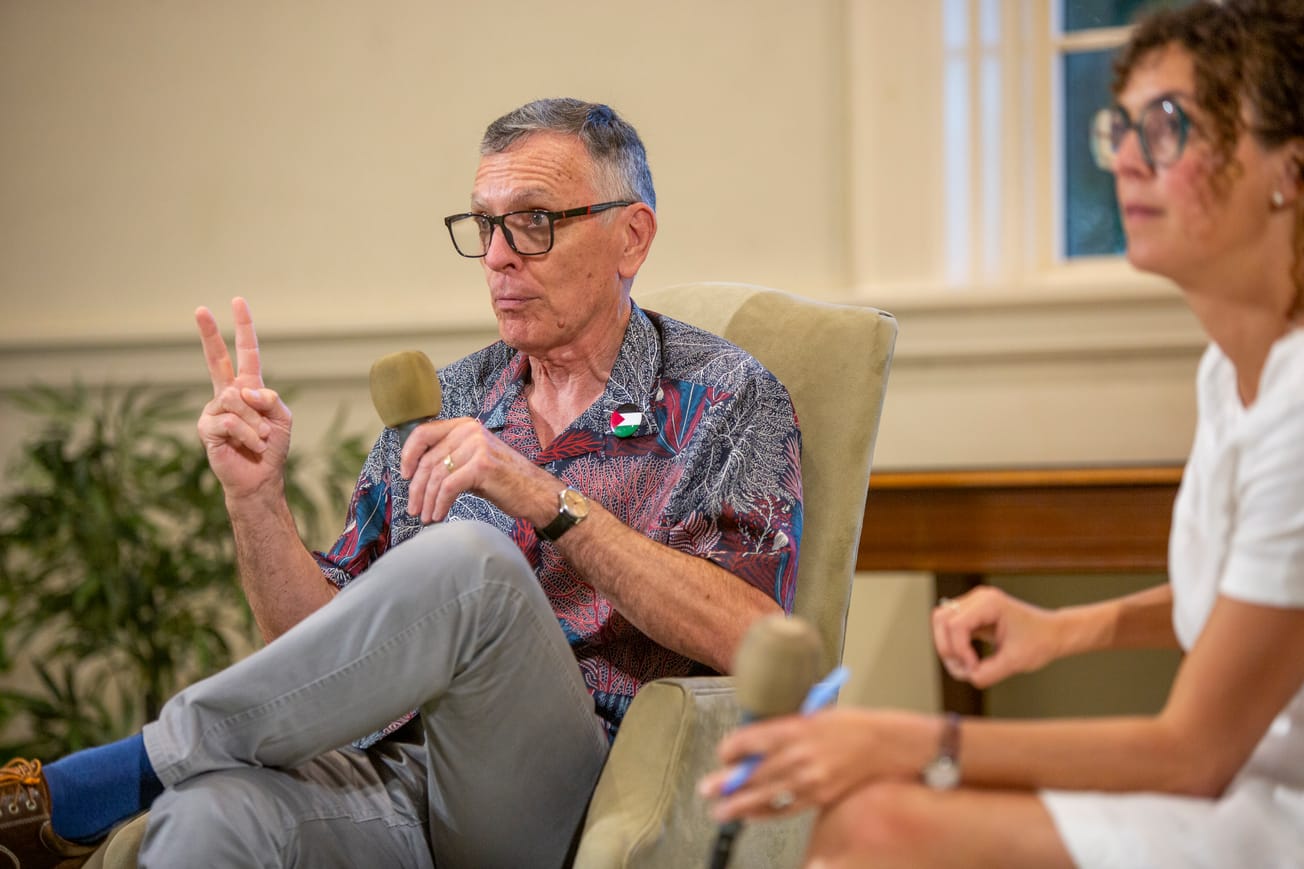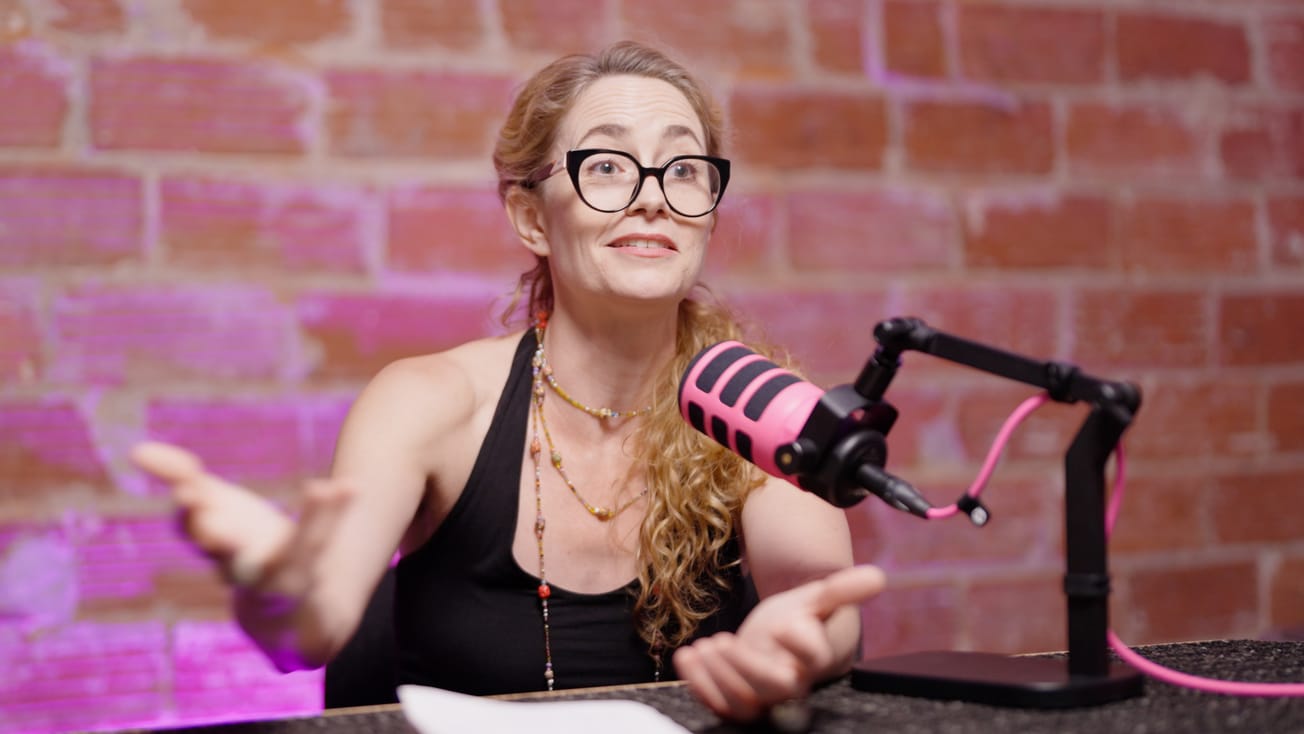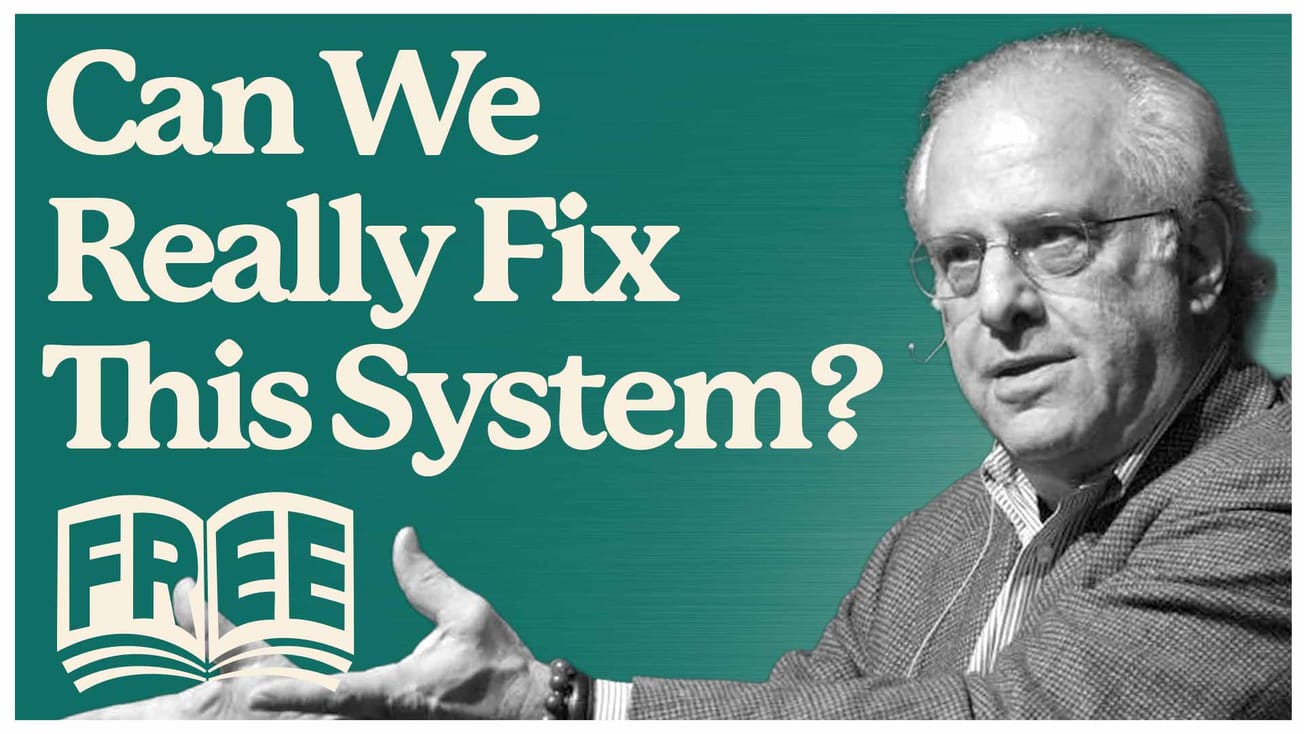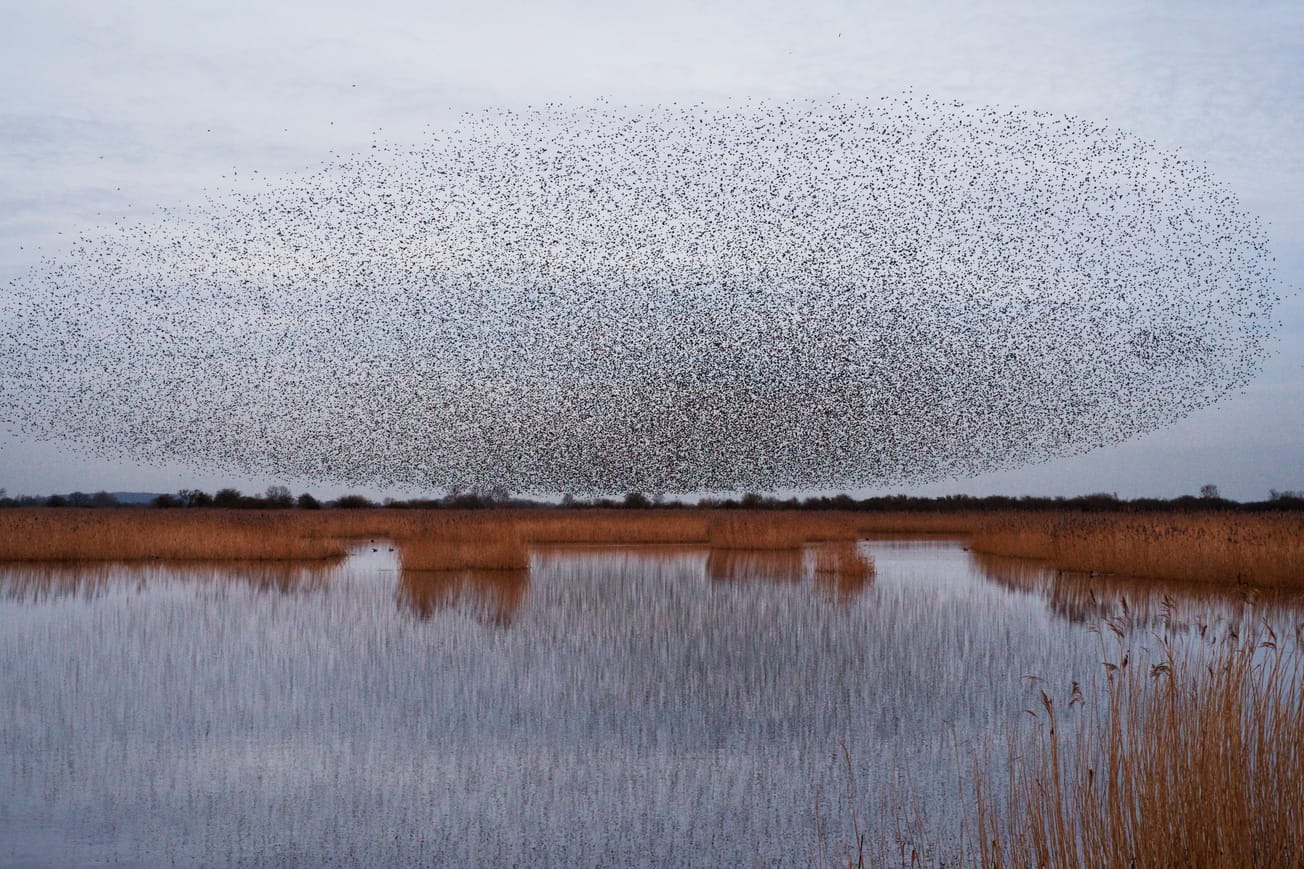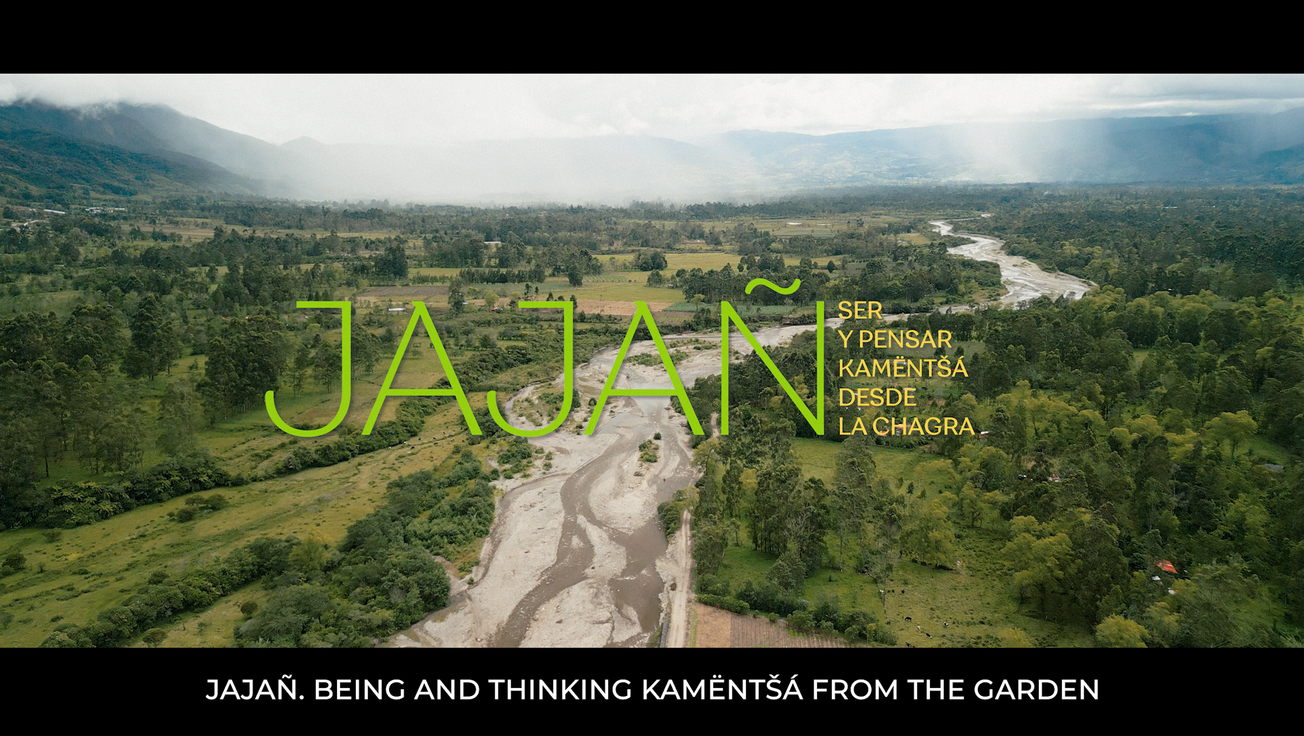In the United States, the criminalization of poverty has entered a new phase. In July 2025, the Trump administration signed the “Ending Crime and Disorder of American Streets” order — an executive decree that punishes those who cannot afford rent, effectively targeting the poorest Americans.
This escalation comes only a year after the Supreme Court ruling that allowed cities to fine or arrest people for sleeping outdoors, even when no shelter is available. As the Southern Poverty Law Center’s Kirsten Anderson said, “The Court held that it is a crime to be homeless at a moment in which housing is unaffordable for half the country.”
For Rob Robinson, educator, organizer, and long-time housing justice advocate, this is not a momentary crisis. It is the logical outcome of an economic system built on commodifying shelter and punishing those who fall outside its profit margins.
From Homelessness to Housing Justice
Rob’s story is both deeply personal and profoundly political. After losing his job in 2021, he spent over two years homeless — first on the streets of Miami, then in New York City shelters. What he witnessed there transformed his understanding of how the economy really works.
“You’re homeless because you don’t have a home,” Robinson says simply. “But in America, they tell you you’re homeless because you’re lazy, addicted, or mentally ill. The system needs that story — because it hides the real cause: poverty.”
He went on to co-found and work with major movements for housing rights in New York and abroad — linking struggles from Hungary, Brazil, South Africa, and Spain into a global conversation on the right to housing.
The Shelter Industrial Complex
One of Robinson’s fiercest critiques is of what he calls the “shelter industrial complex.”
In cities like New York, he explains, billions of dollars are spent every year on temporary shelters — a system that has quietly become a profitable industry for many nonprofit providers.
“Even though they’re called not-for-profit organizations, they don’t want homelessness to end,” he says. “They’re receiving massive amounts of money from the city. They have no incentive to solve the problem.”
Instead of long-term housing solutions, people are warehoused, displaced, and cycled through a bureaucratic maze that maintains their dependency while keeping public attention focused on “managing” rather than ending homelessness.
Housing as a Human Right
For Robinson and others in the housing movement, the answer begins with reclaiming a simple principle: housing is a human right.
That means rejecting the idea that homes exist to generate profit, and instead building systems — like community land trusts — that take property off the speculative market entirely.
“We call it the new safety deposit box,” Robinson says. “Developers build luxury apartments that sit empty while families sleep in shelters. Housing has become a playground for global capital.”
But change is possible. Around the world, movements from Barcelona’s PAH to Brazil’s Movimento dos Trabalhadores Sem Teto (MTST) have demonstrated that collective action — even occupation and squatting — can force governments to recognize housing as a right, not a privilege.
Global Lessons, Local Action
Rob points to the Brazilian constitution, which states that “land must serve a social purpose” — a stark contrast to the U.S. Constitution, written for an era of property-owning elites.
Countries like South Africa have also enshrined the right to housing into their legal frameworks, giving activists a powerful foundation for organizing.
By contrast, the U.S. system continues to frame homelessness as a moral failure rather than a structural outcome. As Robinson notes, “We’ve never truly addressed poverty in this country. We’ve gone out of our way to blame the individual.”
What Comes Next
In the wake of the Supreme Court’s ruling and Trump’s latest executive order, the stakes are rising. But Robinson also sees hope in the growing awareness among young people and working-class Americans who no longer buy into the myth of personal failure.
Movements across New York City are now pushing for public land to be removed from speculation and placed in community-controlled trusts, while international networks are connecting the dots between housing struggles, labor exploitation, and global finance.
“The system isn’t broken,” Robinson concludes. “It’s working exactly as designed — to enrich the rich. Our job is to design something better.”
About the Episode
🎧 Guest: Rob Robinson – Housing justice organizer, educator at The New School & City College of New York
🎙️ Host: Clara E. Mattei – Economist, author, and founder of FREE
📺 Produced by: Forum for Real Economic Emancipation (FREE Podcast)


